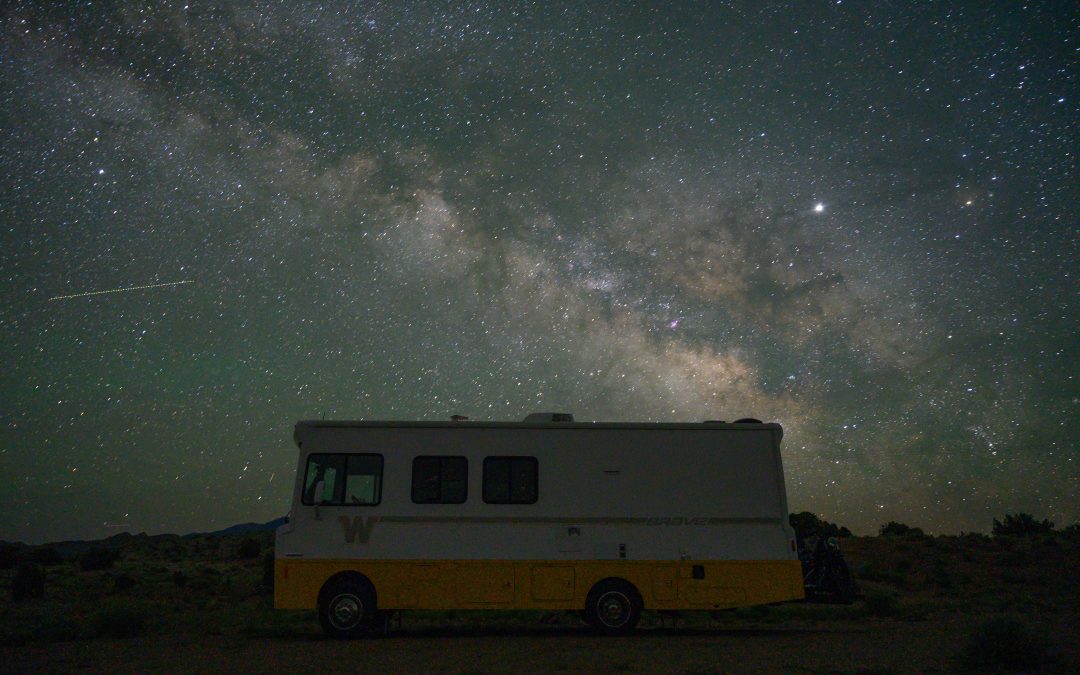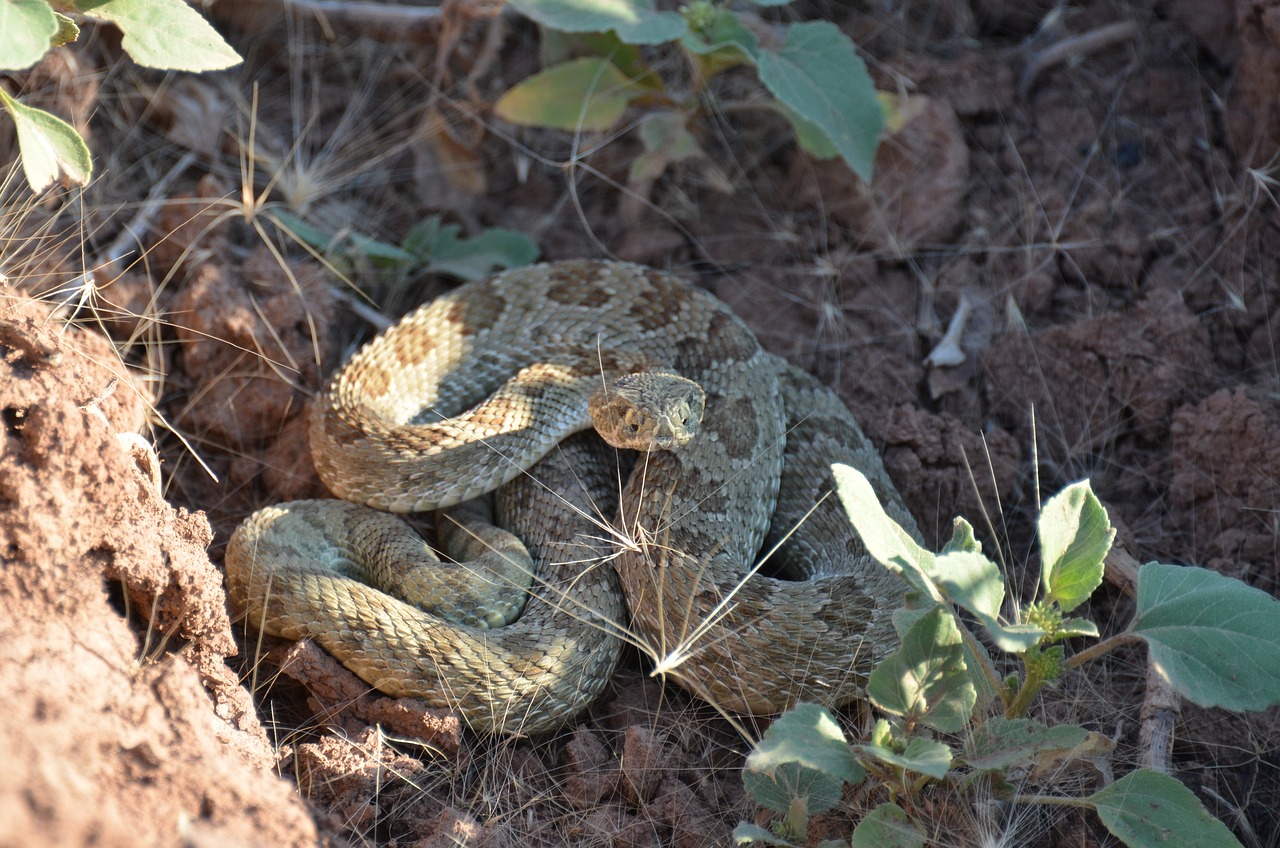Boondocking, or camping off-the-grid without hookups, is a popular way to explore the wilderness and disconnect from the hustle and bustle of everyday life. However, it comes with its own set of risks and challenges, especially when it comes to emergency preparedness. As a boondocker, it’s important to be prepared for any emergency that may arise, including injuries, illnesses, and natural disasters.
In this article, we’ll cover the essential emergency preparedness strategies for boondockers, including first aid and survival skills. We’ll also provide tips on how to prepare for boondocking emergencies, such as creating an emergency plan and packing the right gear. By following the tips and advice in this article, you’ll be better equipped to handle any emergency that may arise while boondocking.
Understanding the Risks of Boondocking
Boondocking comes with its own set of risks and challenges, including natural disasters, injuries, and illnesses. While it’s impossible to anticipate every possible emergency, it’s important to understand the most common risks associated with boondocking and how to prepare for them.
One of the biggest risks of boondocking is the lack of access to medical care. Injuries, illnesses, and emergencies can happen at any time, and it may take hours or even days to reach the nearest hospital or medical facility. Other risks include extreme weather conditions, such as high winds, lightning, and flash floods, as well as encounters with wild animals, such as bears and snakes.
First Aid Essentials for Boondocking
In an emergency, having a well-stocked first aid kit and the knowledge to use it can make all the difference. When preparing a first aid kit for boondocking, it’s important to include all the essentials, such as bandages, gauze, adhesive tape, and antiseptic wipes. Other important items include pain relievers, allergy medicine, and a thermometer.
It’s also essential to know how to recognize and treat common wilderness injuries and illnesses. This includes knowing how to splint a broken bone, treat a burn, and care for cuts and scrapes. It’s also important to know how to recognize the symptoms of heat stroke, hypothermia, and dehydration, as well as how to treat them.
Survival Skills for Boondocking Emergencies
In addition to first aid, boondockers should also have the survival skills necessary to handle emergencies in the wilderness. This includes knowing how to build a shelter, start a fire, and purify water. It’s also important to know how to navigate and signal for help, as well as what to do if you get lost or stranded in the wilderness.
When building a shelter, it’s important to find a location that’s dry, protected from the wind, and close to a water source. Starting a fire can be a lifesaving skill, as it provides warmth and can help signal for help. To start a fire, gather dry kindling and small sticks, then use a fire starter or matches to light it. Boondockers should also know how to purify water using methods such as boiling or using water purification tablets.
Preparing for Boondocking Emergencies
In addition to first aid and survival skills, boondockers should also take steps to prepare for emergencies before they happen. This includes investing in emergency communication devices, such as a satellite phone or emergency radio. Boondockers should also create an emergency plan and share it with friends or family members who know your itinerary and route.
Preparing your vehicle and gear for emergencies is also essential. Make sure your vehicle is in good working condition and has a full tank of gas before embarking on your trip. It’s also important to pack extra food, water, and warm clothing in case of an emergency.
Resources
- American Red Cross – First Aid: https://www.redcross.org/take-a-class/first-aid This resource offers comprehensive first aid training, including online courses, in-person classes, and certification programs.
- REI – Wilderness First Aid Basics: https://www.rei.com/learn/expert-advice/wilderness-first-aid.html REI is a reputable outdoor retailer, and their wilderness first aid guide covers essential skills and recommendations for outdoor enthusiasts.
- National Park Service – Outdoor Safety: https://www.nps.gov/articles/nps-outdoor-safety.htm The National Park Service provides outdoor safety tips, including guidance on encountering wildlife, preventing hypothermia, and responding to emergencies.
- Leave No Trace Center for Outdoor Ethics – Campfire Safety: https://lnt.org/why/7-principles/minimize-campfire-impact/ This resource offers guidelines on safe and responsible campfire practices, as well as environmental considerations when starting a fire.
- Ready.gov – Emergency Communication Plan: https://www.ready.gov/plan Ready.gov, a service of the U.S. Department of Homeland Security, provides information on creating an emergency communication plan, which can be adapted for boondocking emergencies.
FAQs
- What should be in a boondocking first aid kit?
A well-stocked boondocking first aid kit should include bandages, gauze, adhesive tape, antiseptic wipes, pain relievers, allergy medicine, a thermometer, and other essentials. It’s also important to know how to use these items in an emergency. - How can I learn essential first aid skills?
There are many resources available for learning essential first aid skills, including online courses, books, and local classes. It’s also a good idea to practice your skills regularly so that you feel confident and prepared in an emergency. - What is the best way to start a fire in the wilderness?
To start a fire in the wilderness, gather dry kindling and small sticks, then use a fire starter or matches to light it. Make sure to choose a safe location for your fire and follow all fire safety guidelines. - What should I do if I encounter a wild animal while boondocking?
If you encounter a wild animal while boondocking, it’s important to stay calm and avoid making sudden movements. Make noise to alert the animal of your presence, and slowly back away while keeping an eye on the animal. Never approach or feed wild animals. - How can I protect myself from extreme weather conditions while boondocking?
To protect yourself from extreme weather conditions while boondocking, pack warm clothing, rain gear, and a reliable shelter. It’s also important to check the weather forecast before embarking on your trip and be prepared to change your plans if necessary.
Conclusion
Boondocking is a great way to experience the beauty of nature and disconnect from the stresses of everyday life. However, it’s important to be prepared for emergencies that may arise while in the wilderness. By following the tips and advice in this article, including preparing a well-stocked first aid kit, knowing essential survival skills, and creating an emergency plan, you’ll be better equipped to handle any emergency that may come your way. Remember, when it comes to emergency preparedness while boondocking, it’s always better to be safe than sorry.
Featured Photo by Evan Chasteen via Pexels


 Image by
Image by